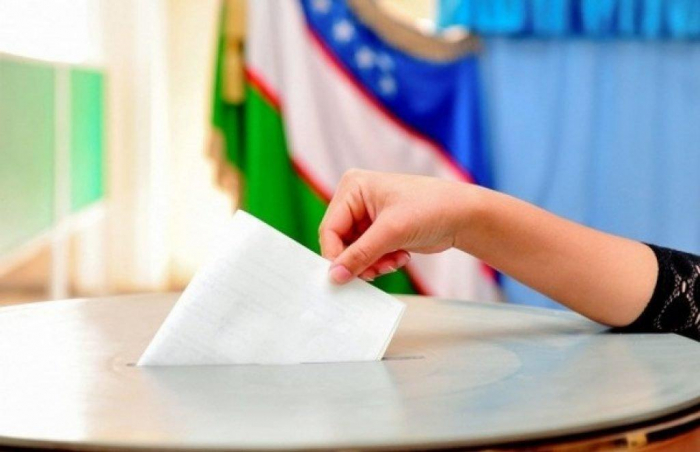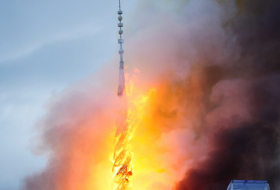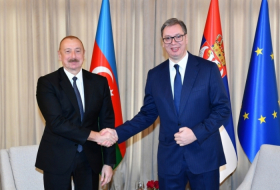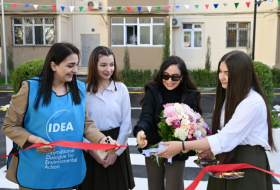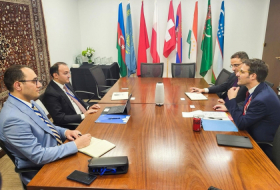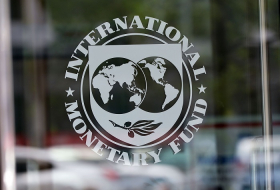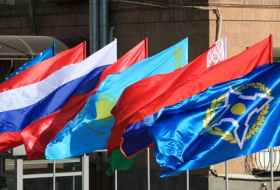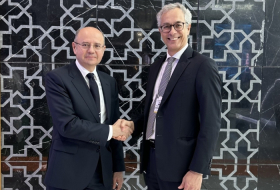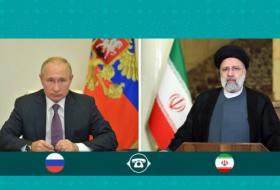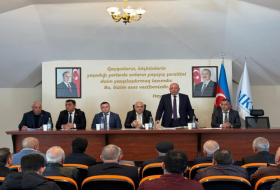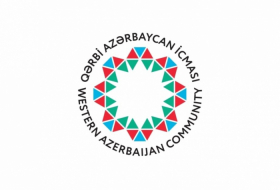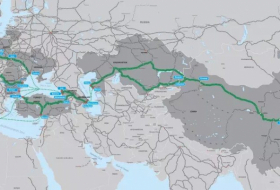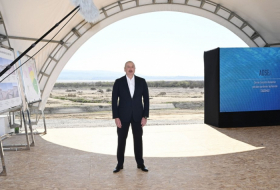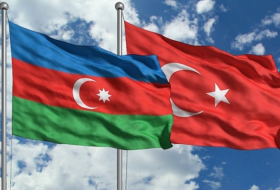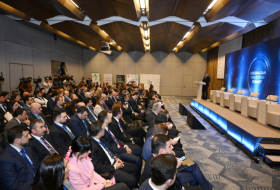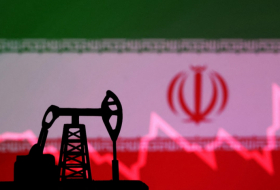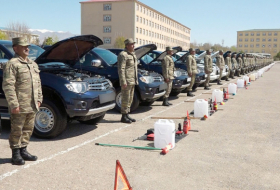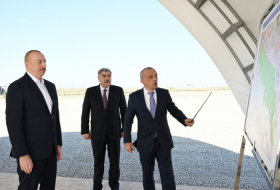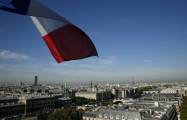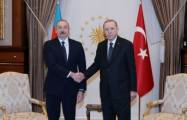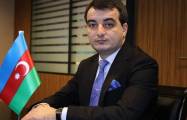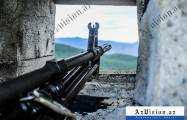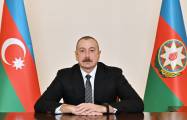Continuation of the electoral process, holding of free, fair and transparent elections and last but not least rigorous participation of regional as well as international observers are the real attributes of pure democracy.
Moreover, vertical & horizontal expansion, the evolution of human civilization and institutionalization of modern concepts of state and society have been interconnected and intertwined with the just electoral process, for which the Republic of Uzbekistan having rich socio-politico culture, century-old rich traditions and democratic norms has been striving hard to initiate numerous structural reforms in terms of electoral unified codification, further befitting & beneficial politicization & democratization, political tolerance, formation of opposition, new political parties, further empowerment of women, the political scope of the youth, the active role of the judiciary, civil society, vibrant media and last but not least, popular support of common people.
Resultantly the Republic of Uzbekistan is now sitting on the “apex” of politicization & democratization in the CIS and beyond.
According to the Central Election Commission of Uzbekistan (September 2021), the 6th presidential election will be held on October 24, 2021. It has registered five candidates for the upcoming presidential election.
According to the CEC (September 2021), the pre-election campaign for the presidential elections will start on September 20. In this regard, according to Uzbekistan media (September 18, 2021), Uzbekistan's incumbent President Shavkat Mirziyoyev has been nominated by the ruling Liberal Democratic Party.
Moreover, Bakhrom Abdukhalimov is nominated by the Adolat (Justice) Social Democratic Party, Alisher Kadirov from Milliy Tiklanish (National Revival) and Narzullo Oblomuradov from the Ecological Party. The only female candidate, Maksuda Varisova is nominated by the People's Democratic Party. The participation of a female candidate for the presidential election is a significant political development that is the result of the Uzbek’s government constant political structural reforms.
Uzbekistan CEC statistics reveal that incumbent president мMirziyoyev won the 2016 presidential election, with 88.6 per cent of valid votes. The last parliamentary elections took place in 2019, and all five registered political parties obtained seats: Liberal Democratic Party obtained 53 seats, Democratic Party Milliy Tiklanish 36 seats, Social Democratic Party Adolat 24 seats, People’s Democratic Party 22 seats, and Ecological Party 15 seats.
There are 48 women among the current 150 members of the legislative chamber of the Oliy Majlis (32 per cent) which shows its diversity, productive and participatory composition/nature.
According to Uzbek electoral code/ laws, the president is elected for a five-year term and can serve no more than two consecutive terms. Candidates are nominated only by registered political parties and should be at least 35 years old, fluent in the state language, permanently residing in the territory of Uzbekistan for at least ten years.
Moreover, only political parties registered with the Ministry of Justice (MoJ) at least four months prior to the announcement of the election have the right to nominate presidential candidates. A candidate must be supported by signatures from at least one per cent of the electorate (200,000 voters) collected in at least 13 out of 14 administrative units.
According to its constitution, Uzbekistan is a presidential democracy with a bicameral parliament. Uzbekistan’s Central Electoral Commission has invited observers from the Parliamentary Assembly of the Council of Europe and the Office for Democratic Institutions and Human Rights (ODIHR) of the Organisation for Security and Cooperation in Europe (OSCE). Even the CEC has formed the District Election Commission (DEC) to conduct the upcoming presidential election 2021.
The OSCE/ODIHR Election Observation Mission Final Report (2019-2020) clearly demonstrated the creditability, utility, effectiveness and reliability of Uzbekistan democratic reforms in stating, the elections “took place under improved legislation and with greater tolerance of independent voices.
Moreover, citizens were more mobilized around the parliamentary elections and had greater information about candidates than in the past. It shows high levels of political maturity, political diversity, electoral process, the impartiality of the CEC and its sub-offices in Uzbekistan.
Citizens aged 18 or older have the right to vote, except for those who have been declared legally incapable by a court decision, including on the basis of intellectual or psychosocial disability, and those serving a prison sentence for serious and grave crimes
The political and electoral history of Uzbekistan confirms that the first presidential elections were held on December 29, 1991, in which a number of voters was 9 million 900 thousand 958 people, while at the fifth presidential election held on December 4, 2016, the total voters were 20 million 461 thousand 805 people.
Moreover, there were only two distinctive political parties nominated candidates for the presidency in Uzbekistan in 1991. But constant socio-politico structural reforms having multi-party practices in the past years, the number of parties running in the presidential election this year has increased to five.
According to CEC (September 6, 2021), the number of voters in the upcoming presidential elections has increased up to 21.2 million. The chairman of CEC shared that 21 million 249 thousand 921 people have been included in the unified electronic voter list. There is almost 33 per cent i.e. 6 million 993 thousand 924 people are young people under 30 years of age. More than 880 thousand of them will take part in the elections for the first time. It shows people and especially the Uzbek youth rigorous participation in the political decision making of the system.
Moreover, observers from almost 50 countries and dozens of international organizations are expected to participate in the presidential elections.
In mid-June, the CEC approved the cost estimation for the presidential elections at 300 billion soums. Each party should receive 15.4 billion soums for holding pre-election events, and candidates 3 billion soums. The election campaign started on 23 July.
Critical analysis of the election commission reveals that the CEC has 14 District Election Commissions, and 10,764 Precinct Election Commissions (PECs) to administer the upcoming presidential election. To maintain a high level of transparency and impartiality political parties are not represented in commissions but can observe all stages of the electoral process.
Uzbekistan under incumbent President Shavkat Mirziyoyev has improved its political ratings. According to the latest published report of the Freedom House (August 2021), its electoral process has been further improved due to increased toleration of independence more acceptance of debate and free expression, and full access of international observers.
Its civil society rating has been improved due to the increased role played by informal organizations in the country. Last but not least, its judicial framework has also been improved due to incremental improvements in judicial reform over the past several years which resultantly strengthened judicial independence and transparency. Furthermore, during 2020, 169 countries voted for Uzbekistan to join the United Nations Human Rights Council (UNHRC) which shows its strong commitment towards the provision and protection of basic human rights in the country. Thus Western propaganda has no substance but all shadows.
President Mirziyoyev through his presidential decree in April 2021 declared the establishment of a Public Chamber under the auspices of the president. It vividly reflects his holistic approach to achieve an optimal level of good governance, strengthening dialogue between the state and public through public hearings, examinations, monitoring, and prepare annual reports about the state of Uzbekistani civil society.
It seems that due to constant structural reforms Uzbekistan is surely moving towards further politicization and democratization to achieve the ultimate goal of an open democratic society.
The Constitution of Uzbekistan is the custodian and guarantor of human and civil rights and freedoms. Thus since its inception, all politicization and democratization have been pursued legitimately through universal suffrage and free elections.
Even the preamble to the Constitution of the Republic of Uzbekistan affirms its commitment to the ideals of democracy and social justice. In this context, Article 7 states: "The people are the sole source of state power which has been the real essence of building statehood in the country. The people and their free will are the core of democracy because Uzbekistan stands for the people’s democracy.
The Constitution’s Article 32 guarantees that all citizens of the country shall have the right to participate in the management and administration of public and state affairs, both directly and through representation through self-government, referendums and democratic formation of state bodies, as well as development and improvement of public control over activities of state bodies.
Paragraph 6 of the 1990 OSCE Copenhagen Document establishes that the will of the people, freely and fairly expressed through periodic and genuine elections, is the basis of the authority and legitimacy of the government. In this regard, its constitution’s Article 117 guarantees the right to vote, equality, and freedom of expression. Thus, the 2019 parliamentary elections were held under the slogan 'New Uzbekistan-New elections which vividly reflected its high spirits of political diversity and impartiality of the state.
In forthcoming elections, thousands of representatives of political parties, citizens' self-government bodies and hundreds of international observers, journalists, including international ones, will observe the process of preparation and conduct of the presidential elections, including the voting of voters.
Being a prominent regional expert of Uzbekistan & CIS I fully endorse that it has a free, fair, transparent mechanism of electioneering and election commission in its country. Since its inception, it has been sailing through deep waters to reach the banks of liberalized democracy through constant structural reforms. Its journey towards further and sustainable politicization and democratization is commendable due to which it is a successful model of politicization and democratization.
Constant socio-economic prosperity has further broadened the scope, recognition, utility and adaptability of democratic norms in terms of the opposition, political diversity, further empowerment of women, and inclusion of the talented youth in the political/electoral process and last but not least, the establishment of optimal level of direct dialogue between the state and people.
The institutionalization of pure and simple democratic norms has been the guarantor of its unmatched political stability and societal harmoniousness. Now its economy is more developed, diversified and dynamic. Its society is more vibrant and forward-looking. Its media is more connected and consensus. Its political parties are now more active, subjective and productive.
It hopes that the upcoming presidential election of Uzbekistan would another giant milestone in political history. It would further strengthen democratic norms in the country. It would further strengthen Uzbekistan's incumbent President Shavkat Mirziyoyev’s “Ten Initiatives” holistic approach for achieving greater regional connectivity.
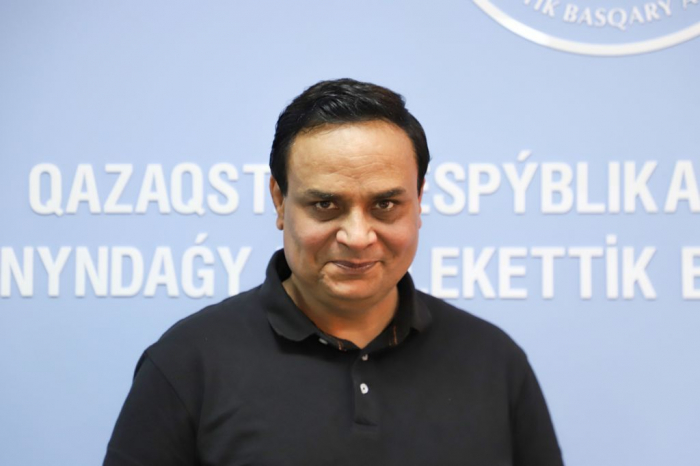
The author is a Member Board of Experts of the Center for Global and Strategic Studies (CGSS) of Pakistan and regional geopolitical analyst.
More about:








